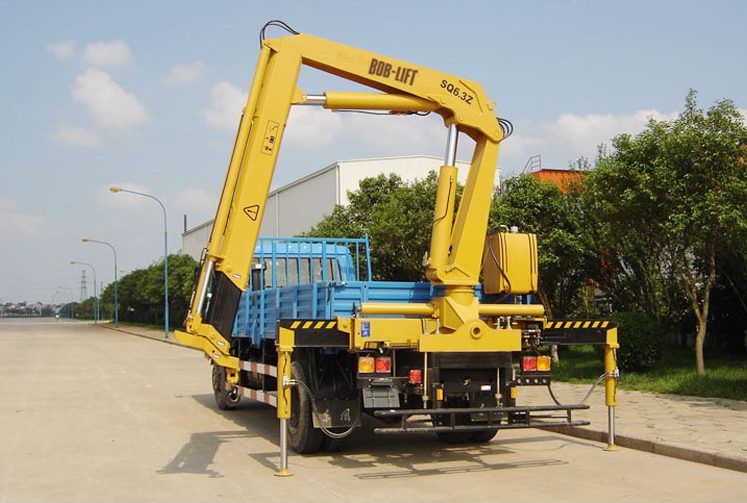Cranes are usually one of the wonders of the world. When ordinary people think of cranes and crane operations, they think of many questions: How are they created? Who did it? How do they work? One of the most frequently asked questions is what are the benefits of crane operation?

In this article, we took a closer look at the occupation of crane operations. We emphasized the employment information that most people in the crane industry do not know, what the crane operation profession may involve, and why it is the right time to consider a career as a crane operator.
- The crane operation industry grows.
Today, crane operators are in great demand. Although there are many different jobs on the construction site, for example, the unique skills brought by contractors, electricians, cement layers, and crane operators are critical to the completion of most projects. With the rapid growth of large modern structures, operators need to load and unload heavy products and containers at shipping terminals, and there are more and more professional opportunities for crane operations.
According to the Bureau of Labor Statistics, the work of crane operators is expected to increase by 8% from 2014 to 2024. This is slightly higher than the average level of the national job market but much higher than the average level of high-skilled jobs. It can be said with certainty that the success of the crane industry contributes to the creation of stable jobs. - Education
Generally speaking, a university degree is not a necessary condition for crane operation. Requirements usually include high school diplomas, certificates, and training/apprenticeships.
Although the training can last for several years, most of them are conducted on-site, which is very practical. Trainees work closely with actual operators and project team members. Potential crane operators also benefit from many paid placements, which gives them the opportunity to make money while learning. Please remember that all learning will not be avoided. Classroom training; where the basic knowledge of crane operation is taught, will be provided together with practical training.
In terms of certification, a license issued by the state is usually required. Some states were invigilated by the National Crane Operator Certification Board. The method of obtaining a permit varies from state to state, but it usually includes written examinations and physical examinations, as well as testing students’ ability to demonstrate safe operating practices.
Since higher education is not required, crane work is a way to get high salaries and benefits, even for high school graduates. - Job selection.
Most people prefer to have a choice at work. Becoming a crane operator is no exception and offers various opportunities. There are not only various types of cranes, but also different types of workplaces and projects.
Some crane operators focus on their professions—that is, only operating tower cranes—while others choose to learn and operate various crane types.
The same goes for the job site. Crane operators can focus on industries such as construction, or they can decide to do in-depth research into multiple market segments such as shipping terminals and railways.
Nonetheless, sometimes the particular type of crane operation will determine the job that suits a particular skill. For example, mobile cranes are more suitable for construction sites, and tower cranes are usually used in docks and railways.
Regardless, no two jobs are the same. A career in crane operation shows that one person is engaged in many different projects. - Job responsibilities.
Yes, pulling levers and buttons to operate cranes are the core responsibilities; however, when it comes to the daily duties of the operator, there is much more involved.
Operators need original attention to detail and on-site coordination. The perfect implementation of the precision required to lift and transport heavy materials requires practice. Experience and skills.
for safety. For the successful operation of the machine, the operator must understand the inside and outside of the crane, follow the instructions on the ground, and have a keen understanding of the surrounding area and safety. The crane operator can also be responsible for the maintenance, cleaning, and assembly of the crane.
Finally, good communication and listening skills are essential. This may not be surprising, as crane operators usually work in a team and need to be accepted and guided throughout the working day.
 truck crane,Truck mounted crane,Marine Crane –
truck crane,Truck mounted crane,Marine Crane –